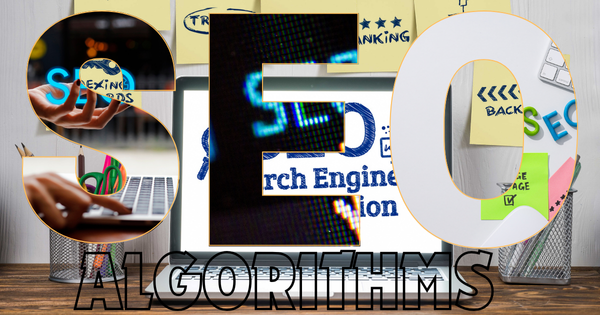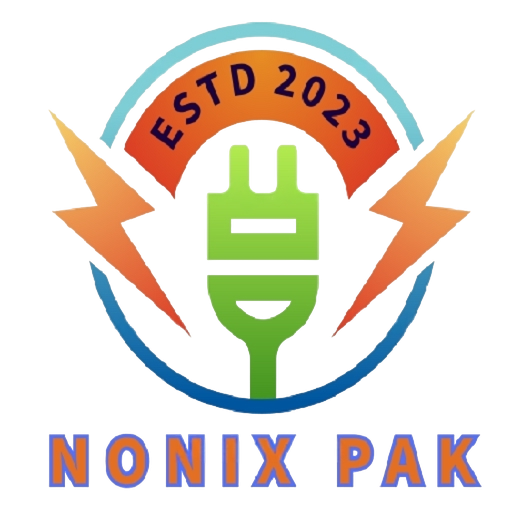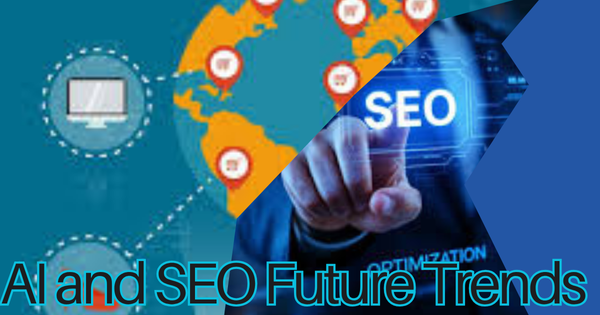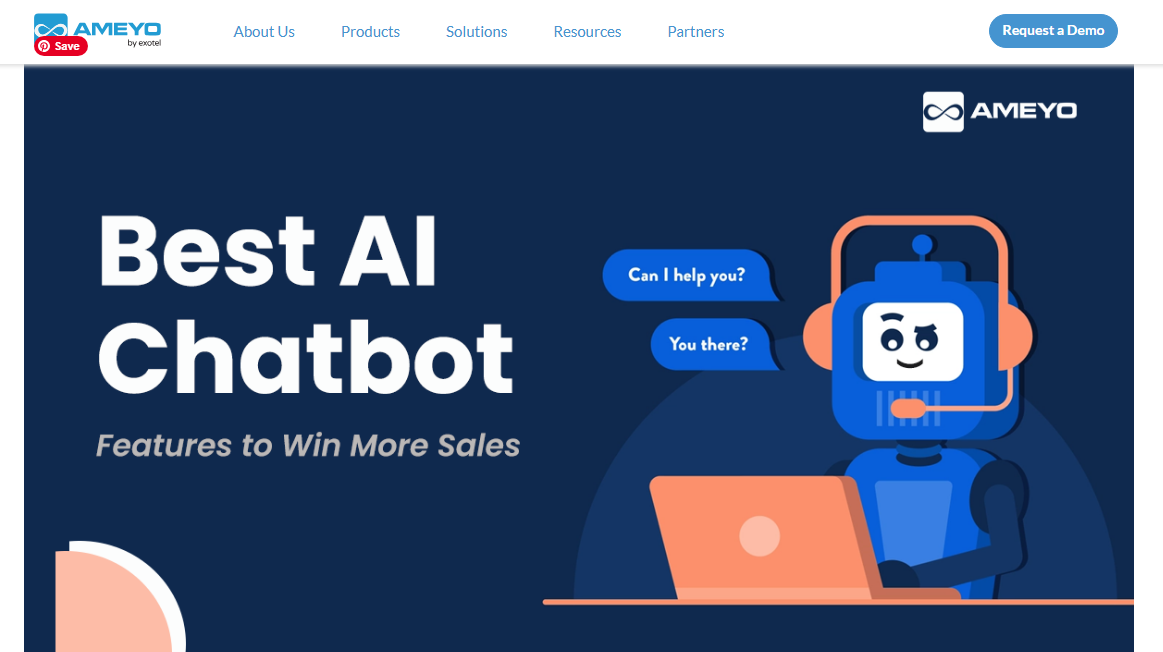AI and SEO Future Trends
AI and SEO Future Trends:
That Will Redefine Search Optimization
Introduction
The digital landscape is evolving at breakneck speed—and at the center of this transformation is Artificial Intelligence (AI). From chatbots and recommendation engines to self-driving cars and virtual assistants, AI is redefining how humans interact with technology. In the realm of Search Engine Optimization (SEO), this disruption is even more profound.
AI is no longer just a supporting tool in SEO. It’s becoming a core driver of strategy, rankings, and user behavior analysis. With search engines like Google employing AI-powered algorithms such as RankBrain, BERT, and MUM, SEO professionals must adapt or risk falling behind.
This comprehensive article (AI and SEO Future Trends) explores:
- How AI is currently integrated into SEO
- Key AI technologies influencing search
- The top future trends where AI and SEO intersect
- Best practices to prepare for the future
- Tools and platforms at the forefront of AI-SEO evolution
1. Understanding the Intersection of AI and SEO
✅ What Is AI in SEO?
Artificial Intelligence in SEO refers to the use of machine learning, natural language processing (NLP), and automation to optimize web content for better search visibility, relevance, and user experience.
It helps search engines:
- Understand content context
- Interpret search intent
- Deliver personalized results
- Automate crawling and indexing
It also helps marketers:
- Generate content
- Analyze competitors
- Automate keyword research
- Predict ranking opportunities
✅ How Search Engines Use AI and SEO Future Trends
- RankBrain: Google’s machine learning algorithm that interprets unknown or ambiguous search queries based on context and user behavior.
- BERT (Bidirectional Encoder Representations from Transformers): Enables Google to understand the nuances of human language in queries.
- MUM (Multitask Unified Model): A next-gen AI model 1000x more powerful than BERT, capable of understanding images, text, and videos in 75+ languages.
Search engines no longer rely solely on keywords—they rely on intent, behavior, and semantic meaning, all driven by AI.
2. How AI Is Reshaping SEO Today
Content Creation and Optimization
AI tools like ChatGPT, Jasper, and Surfer SEO help marketers:
- Generate keyword-rich, high-quality content
- Build SEO-optimized outlines
- Enhance meta descriptions and headlines
- Avoid keyword stuffing while maintaining semantic relevance
Future Trend: AI-generated content will need to comply with Google’s E-E-A-T (Experience, Expertise, Authoritativeness, Trustworthiness) standards. Human oversight remains essential.
Keyword Research and Topic Clustering
AI can process vast amounts of data to:
- Identify keyword gaps
- Cluster search terms by intent
- Suggest related topics and questions
- Automate long-tail keyword research
Future Trend: Keyword research will shift toward intent modeling, where AI tools map entire user journeys and content needs, not just keyword volumes.
User Intent Prediction
AI helps search engines determine:
- Why a user is searching
- What type of content they expect (informational, transactional, navigational)
- How to rank pages based on intent alignment
Example: A search for “best running shoes” might trigger product pages, reviews, or comparison blogs, depending on the user’s past behavior.
Future Trend: Real-time personalization of SERPs based on individual profiles, behavior, and interests—powered by AI.
Voice and Visual Search Optimization
With AI-driven tools like Google Lens and voice assistants, SEO is no longer confined to typed text.
- Voice Search: Relies on conversational queries and NLP.
- Visual Search: Uses AI to recognize objects and images for product search, location identification, and more.
Future Trend: Visual and voice search optimization will become essential for e-commerce, hospitality, and local SEO.
Search Engine Algorithms
Today’s algorithms are heavily influenced by AI and machine learning.
- Google learns from user behavior to adjust rankings.
- AI models predict content quality based on UX signals (dwell time, bounce rate, click-through rate).
- Spam detection and content duplication are flagged by AI systems.
Future Trend: Algorithms will evolve in real-time, adapting to new content and behavior faster than ever before.

3. Future Trends: What’s Next for AI and SEO Future Trends?
As we look ahead, several trends will shape how AI continues to revolutionize SEO:
1. AI-Generated Content at Scale (With Human Supervision)
Tools like OpenAI’s GPT models, Claude, and Gemini allow marketers to create blogs, product descriptions, emails, and FAQs in seconds.
However, Google has made it clear that AI content must be:
- Original
- Helpful
- Expertly written
- Aligned with E-E-A-T principles
Best Practice: Use AI for ideation and first drafts, but add human insights, citations, and a brand voice.
2. Predictive SEO
AI will help forecast:
- Search trends
- Seasonal keyword patterns
- Google algorithm shifts
- Competitor content gaps
With predictive analytics, businesses can publish content before demand peaks.
Example: Predicting queries for a new iPhone model months before launch.
3. Hyper-Personalized Search Results
Search engines will offer customized SERPs based on:
- User history
- Demographics
- Search behavior
- Devices and location
AI will curate results like a personal assistant.
Implication: Marketers must consider micro-intents, not just broad intent types.
4. AI-Based Voice SEO Domination
Voice search will surpass text in many verticals by 2027.
SEO must adapt to:
- Conversational queries
- Local intent (“near me” searches)
- Featured snippets and Position Zero
- Schema markup for FAQs
Voice-first content will need to be:
- Brief
- Direct
- Structured using NLP-friendly formats
5. Real-Time Content Optimization
AI tools will evaluate:
- How users interact with a page
- Scroll depth
- Engagement signals
And then suggest real-time improvements like:
- Adding images
- Adjusting headings
- Breaking paragraphs
- Replacing low-performing CTAs
Example Tool: Surfer SEO’s live content editor uses AI to improve on-page SEO scores instantly.
6. AI and Multimodal Search (Text, Images, Video)
Google MUM can understand and cross-reference images, video, audio, and text to answer complex queries.
SEO must evolve to include:
- Video schema
- Audio transcripts
- Image alt text
- Structured FAQs
- Content for YouTube, Pinterest, and TikTok
Tip: Repurpose blog content into videos and audio with SEO-optimized descriptions.

7. AI-Driven Technical SEO Automation
AI crawlers can:
- Identify broken links
- Fix redirect chains
- Suggest faster loading assets
- Test structured data implementation
AI-powered tools will also forecast:
- Which technical errors will impact rankings the most
- Which to prioritize based on ROI
Example Tool: Screaming Frog + ChatGPT for auto-diagnosis and solution mapping.
8. Conversational Commerce and AI Chatbots
AI assistants like ChatGPT, Google Bard, and Claude are powering AI-native search experiences.
Instead of browsing search results, users can:
- Ask for product recommendations
- Compare features
- Get direct links to purchase
SEO will expand into optimizing for chatbot visibility and AI conversational engines.
4. Preparing for the AI-Driven SEO Future
How can marketers adapt?
✅ 1. Focus on Search Intent Over Keywords
AI understands context better than ever. Don’t just target keywords—target user needs and journeys.
✅ 2. Create Structured, Well-Organized Content
Use headers (H2, H3), bullet points, and schema to help AI understand and feature your content.
✅ 3. Embrace E-E-A-T Principles
Build content with real experience and expert insights. Google’s AI algorithms reward authenticity.
✅ 4. Optimize for All Devices and Modalities
Voice, video, mobile, wearables—optimize content delivery for every possible device.
✅ 5. Invest in AI SEO Tools
Use platforms that leverage AI for keyword research, content scoring, competitor analysis, and more.
5. Top AI Tools for Future-Ready SEO
| Tool | Use Case |
|---|---|
| ChatGPT / Gemini | Content generation, idea brainstorming |
| Surfer SEO | AI-based content optimization |
| Jasper | SEO copywriting at scale |
| Semrush / Ahrefs | AI keyword research and SERP forecasting |
| MarketMuse | Content audit and topical authority mapping |
| Frase.io | NLP content optimization |
| Clearscope | On-page content scoring and suggestions |
| Screaming Frog + GPT | AI-aided technical SEO fixes |
| Google Bard / Gemini | Competitor analysis, summary generation |
| Rank Math SEO (WordPress) | Schema and real-time SEO feedback |
Conclusion
The fusion of AI and SEO Future Trends is more than a passing trend—it’s a paradigm shift. From personalized search experiences and predictive analytics to AI-powered content creation and chatbot-driven commerce, the role of AI and SEO Future Trends is growing exponentially.
To stay competitive:
- Think like a search engine and a user.
- Integrate AI and SEO Future Trends where it boosts efficiency and insight.
- Create genuinely helpful, human-first content.
- Optimize for context, intent, and multi-platform experiences.
The future of SEO isn’t about gaming the algorithm—it’s about collaborating with AI to better serve the user.
Are you ready for the future of search?



